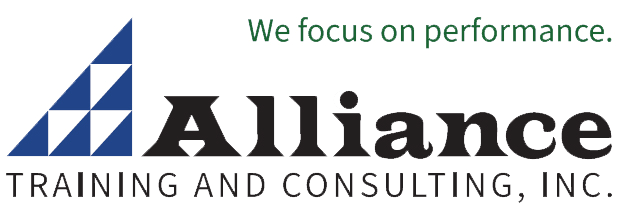Problem-Solving Skills for Change Leaders
Decision-Making Strategies for Successful Change Management
Build the problem-solving and decision-making skills your managers need to lead change with confidence, clarity, and commitment.
This practical, onsite training workshop equips managers and supervisors with the tools to address root causes - not just symptoms - while gaining acceptance of solutions, navigating resistance, and implementing change successfully.
Status quo is out! Today’s competitive marketplace requires continuous improvement and continuous change.
Why Problem-Solving is Critical in Change Management
- Break free from "we've always done it this way" thinking
- Improve decision-making under pressure
- Build a change-oriented culture that drives results
- Sustain momentum during transformation
- Tackle real problems with practical, actionable strategies
Who Should Attend
Managers, supervisors and human resource personnel involved in the change management process.
Key Training Benefits: Problem-Solving & Change Leadership
- Improve organization effectiveness by integrating needed business model changes
- Sustain the momentum of the change initiative
- Deal with the “under-promise/over-deliver” forecasting mentality
- Create a change oriented culture to support your company’s objectives and identity
- Increase the quality and productivity of the work being performed
- Understand the credibility formula - Credibility is built on two pillars, trust and expertise
Overview of Concepts and Deliverables Provided
- Learn to stay solution-based during the trials of change
- Know how to evaluate your change leadership readiness
- Learn to make high-quality, effective decisions and overcome personal bias
- Understand how to incorporate both the roles of administrator and leader in successfully executing change
- Discover how to ensure that all managers, from front line supervisors to top executives, are behind the change effort
- Learn how to convert fear and anxiety-based behavior into an adaptability mode
- Identify the critical change components: individual responsibilities and duties, span of control and influence, and relationships and alliances
- Discover how to overcome resistance to change initiatives - “You want me to do what?”
- Learn how to design the change timetable and the communication network
- Know how to anticipate and avoid inappropriate and counterproductive behavior in response to the change initiative
- Understand how to change your company’s culture to include the integration of change and forging of alliances
